Ok, I realize this movie is ten years old, but I’d never seen it. I have the book around here someplace, but never really sat down to read it. I’ve known about the movie, it just never filtered up in my priorities high enough for me to sit and pay attention.
So I’m thankful that my wife has lately been in a “what movie can we watch with our teenagers” mood. Since they’ve grown out of generic animated things, we end up in situations where we immediately see anything Marvel or Pixar anyway, but then the boy only wants slasher gore (or anything generally R rated that he knows we won’t let him watch), while the girls want teen drama stuff that’s got a little too much “content you don’t watch with your parents,” if you know what I mean. So movies that look fun and safe and interesting to everybody, that nobody’s seen yet, have been a new quest. This week they found Letters to Juliet, entirely on their own!
The book and the movie are two different things. The book tells the story of the “Secretaries of Juliet”, a bunch of volunteers who take down the love notes left at Juliet’s balcony in Verona and answer them. The fictional story of the movie has our heroine (Amanda Seyfried, who specializes in playing characters named Sophie it seems) going to Verona on a “pre-honeymoon” with her husband who is so busy opening up his new restaurant that they haven’t had time to plan a wedding. He’s so busy, in fact, even in Verona, that she spends all of her time alone, site-seeing. She runs into the secretaries, they let her answer a letter of her own that turns out to be fifty years old, which results in the woman (and her grandson) coming back to Verona to hunt down her lost love, taking Sophie with them.
As far as romantic comedies go it’s as predictable as you’ve ever seen. As the movie was still in the opening credits I said to my family, “Is it just a rom com rule that whatever guy the girl is with in the beginning is not the guy she ends up with?” I’m still wondering if that is 100% true. It’s hardly a spoiler. A new guy enters the picture, they do the “we hate each other, we tolerate each other, we’re friends, we’re more than friends, will we end up together?” thing just fine. It’s all by the numbers.
How’s the Shakespeare content? Other than being set in and around Juliet’s balcony, there’s not much. There’s several tourist scenes of the crowd, including a line of people taking pictures while feeling up the statue. In the trivia I learned that they actually had to mock up the entire alley where this all takes place because the real one was far too small for the camera equipment. Fun.
The only Shakespeare content I spotted, oddly enough, came from Hamlet — “Doubt that the stars are fire, doubt that the sun doth move…” Strangely out place, but I guess I’ll take it.
All in all happy to check this one off my list. Nothing especially bad about it. In fact it was exactly the kind of movie we were looking for at the time. Sometimes that’s all you need.


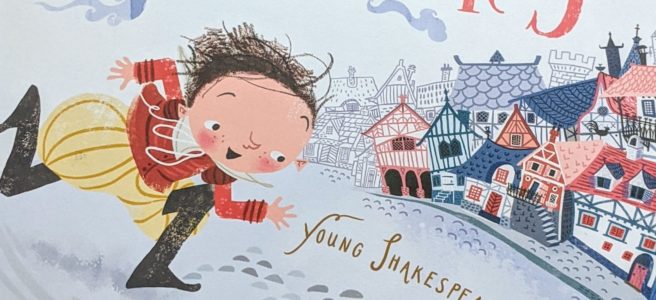
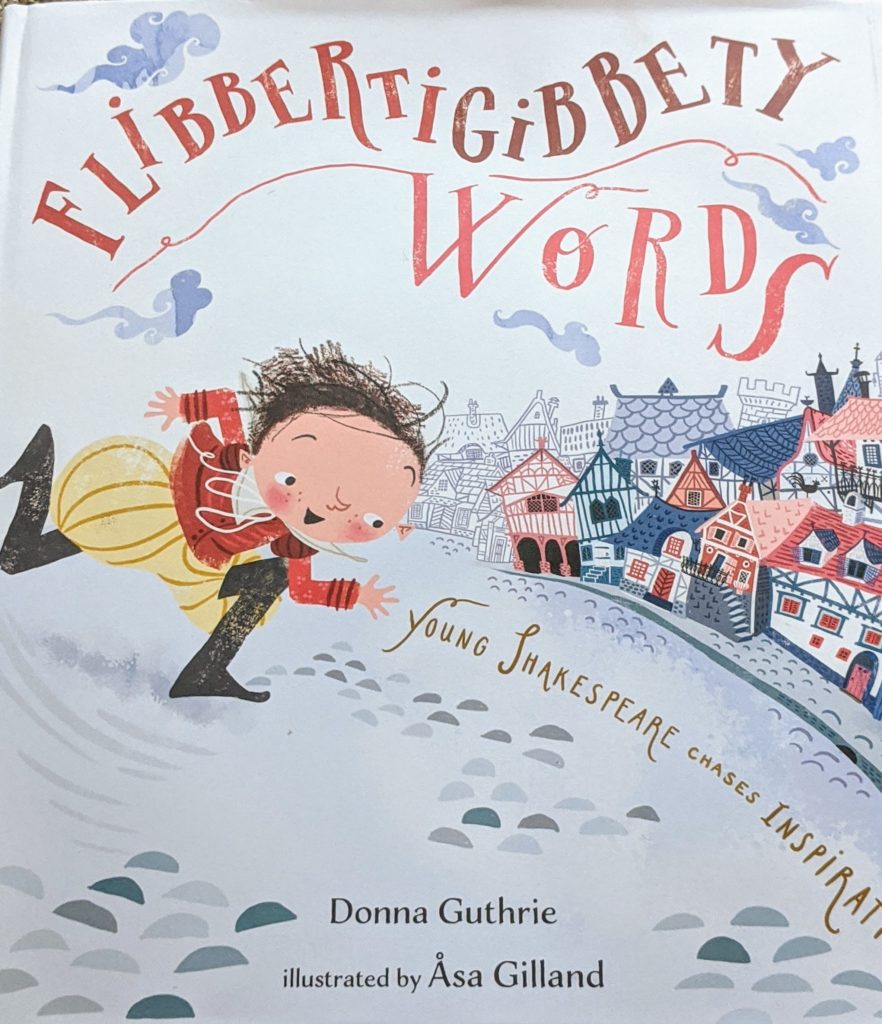
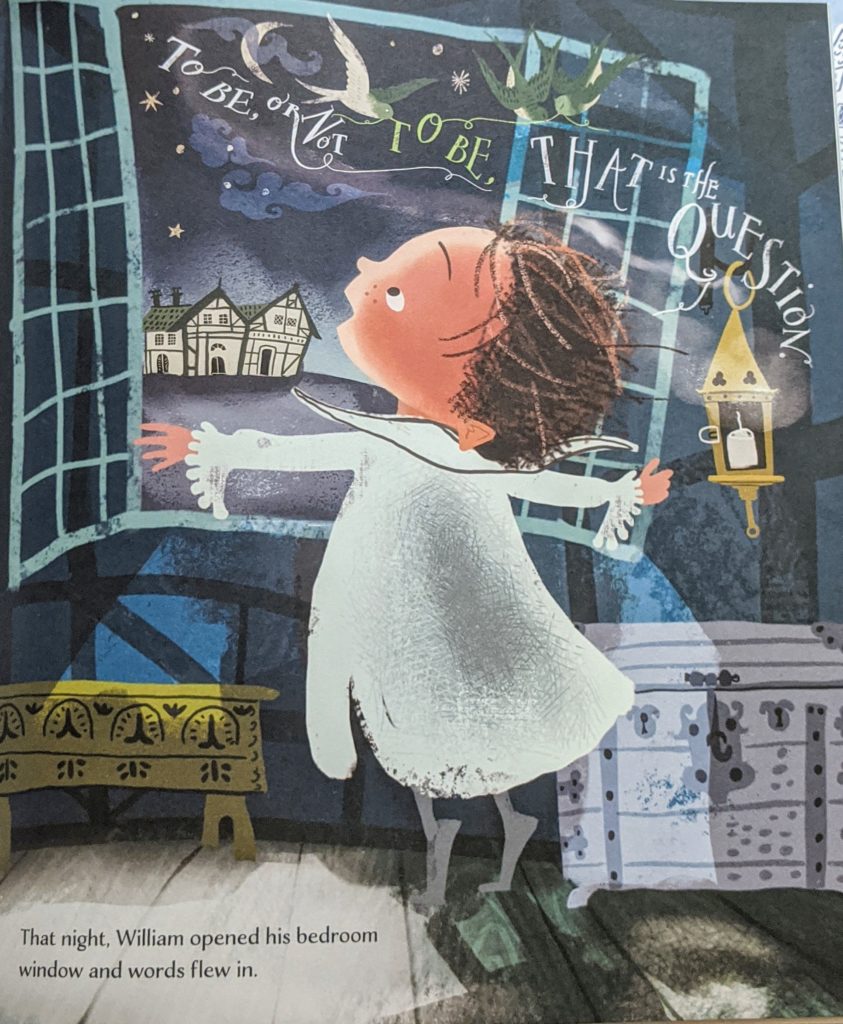
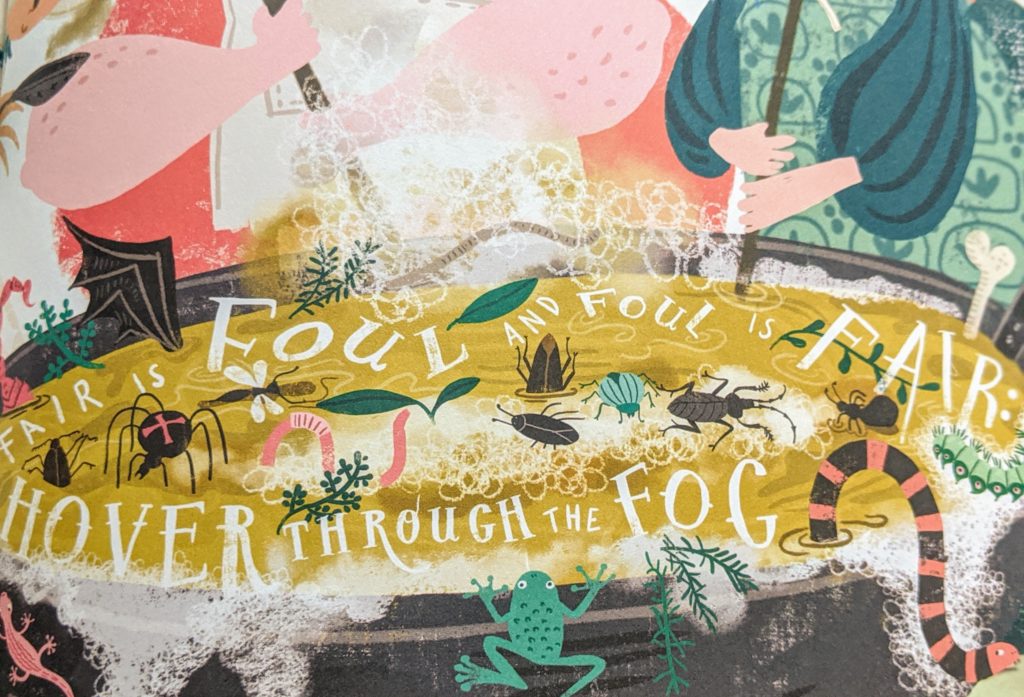
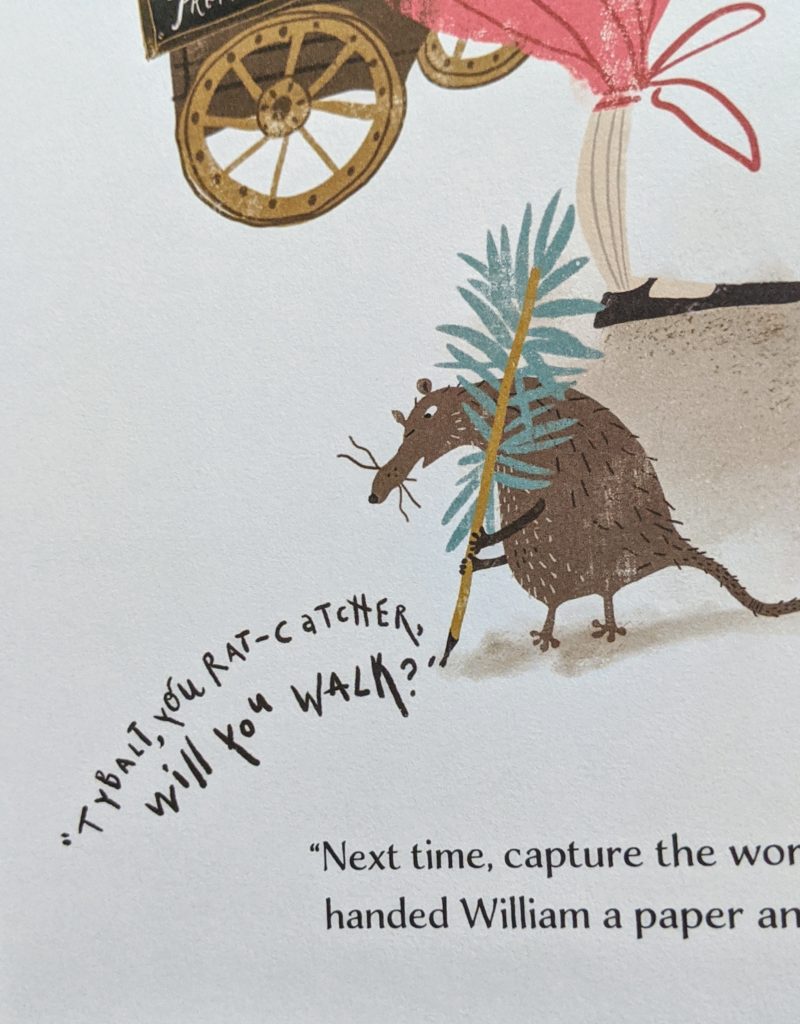
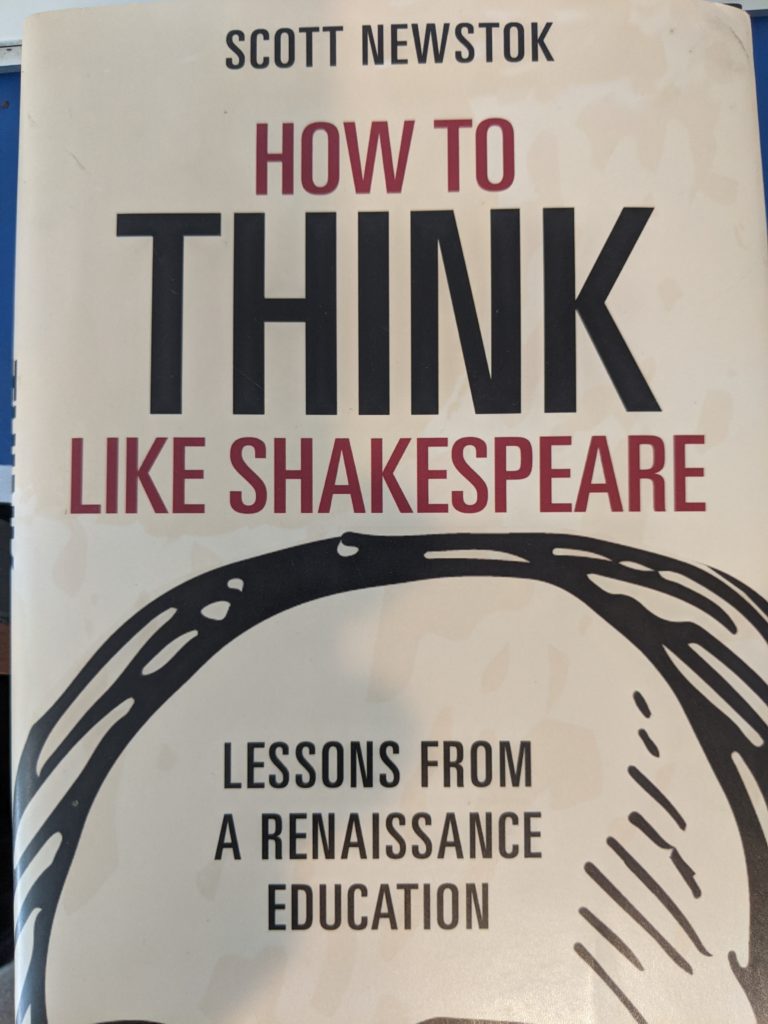
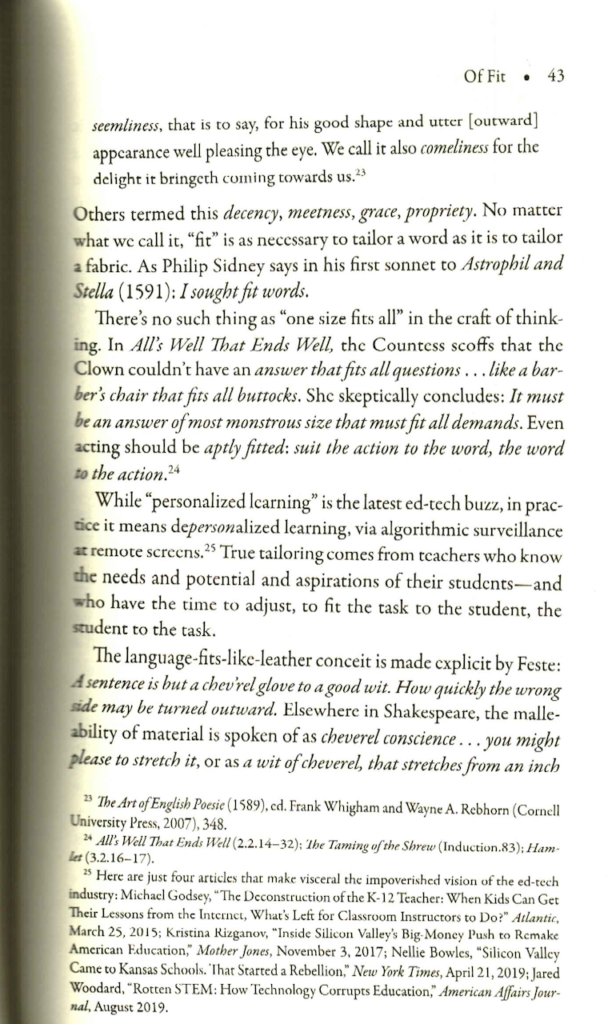
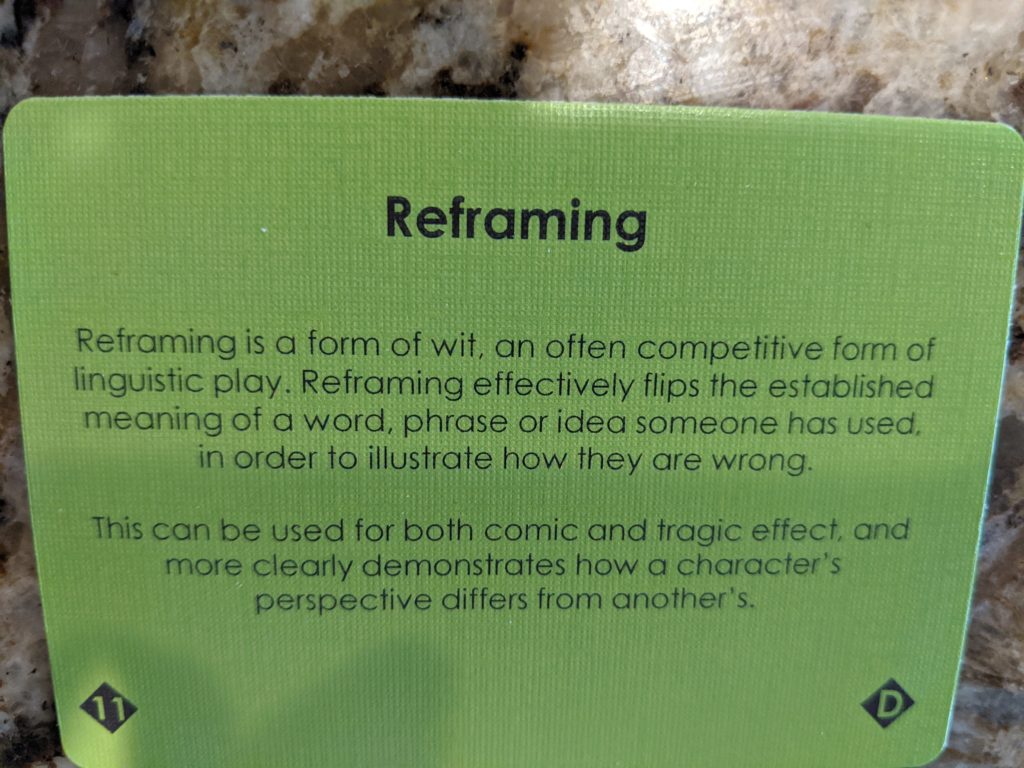
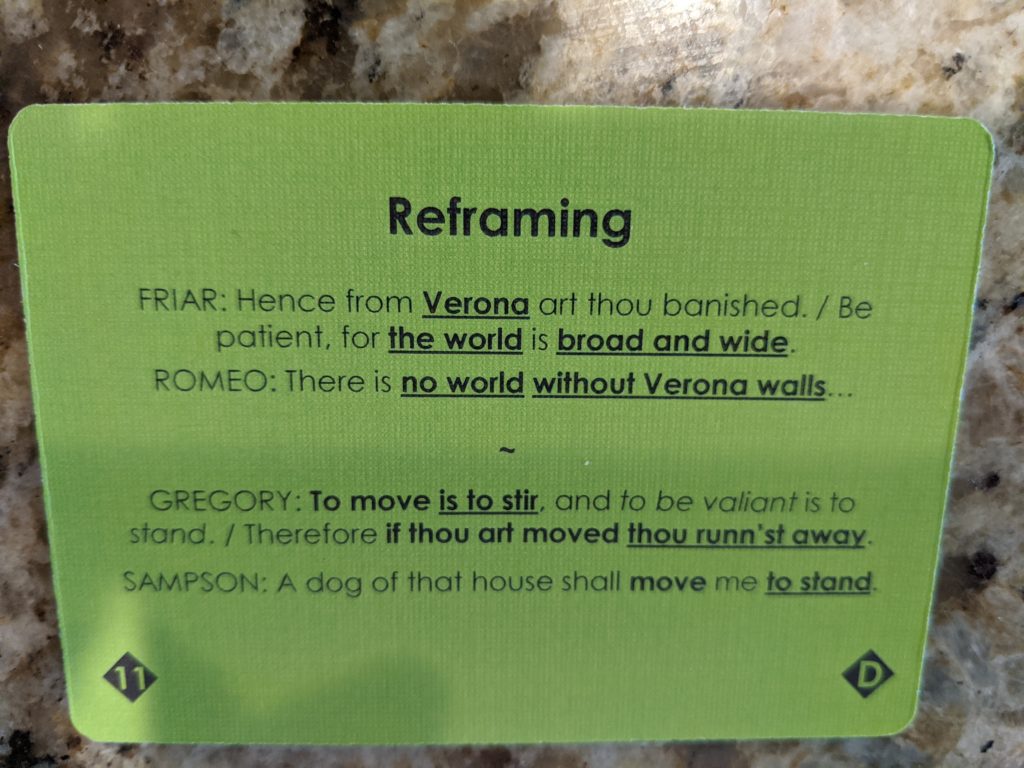
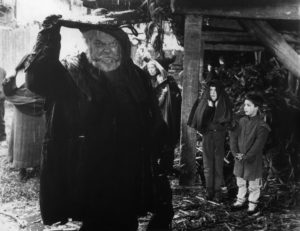 I haven’t been around much lately, and for that I apologize. I’ve missed a few big stories that I hope to come back around to as part of the year end.
I haven’t been around much lately, and for that I apologize. I’ve missed a few big stories that I hope to come back around to as part of the year end.